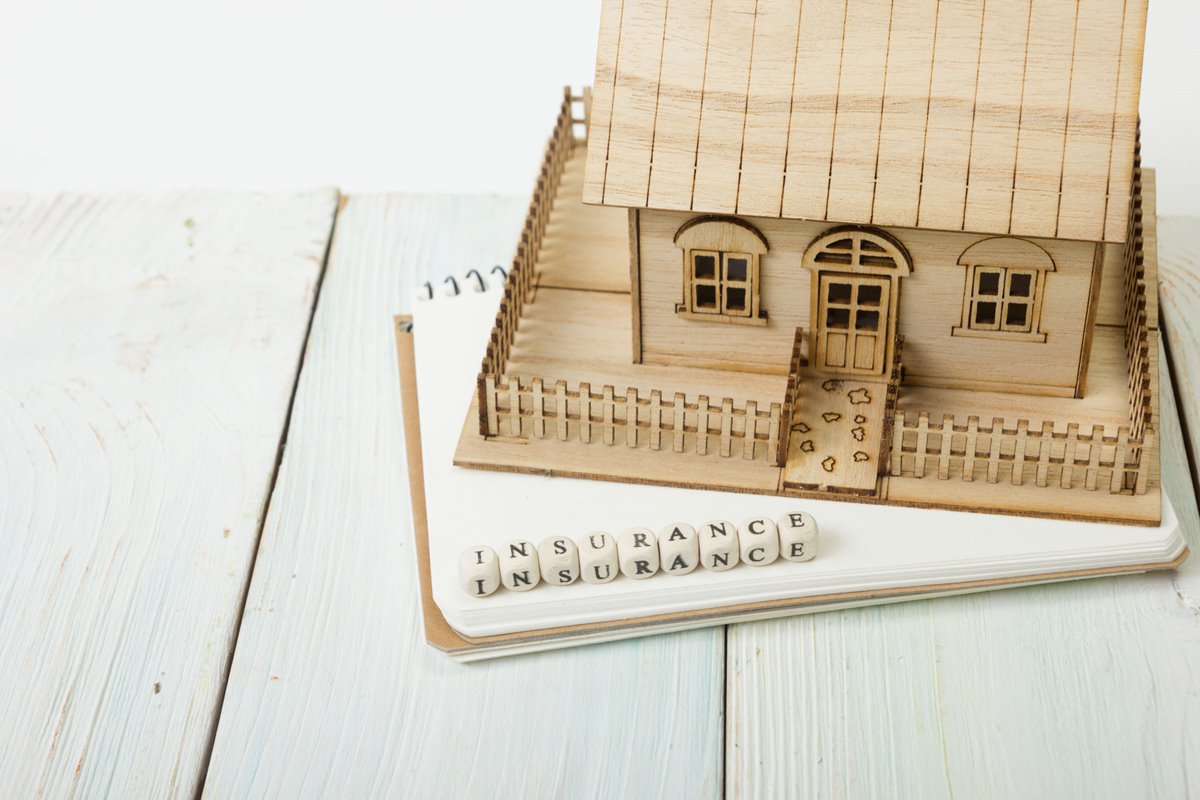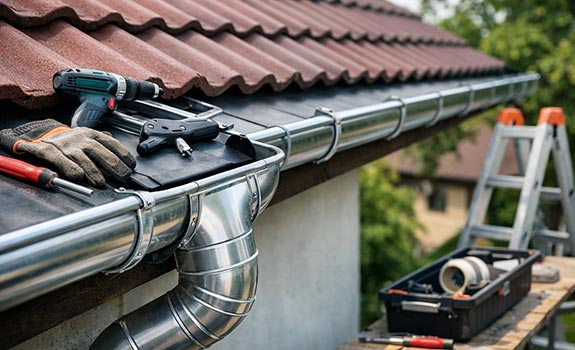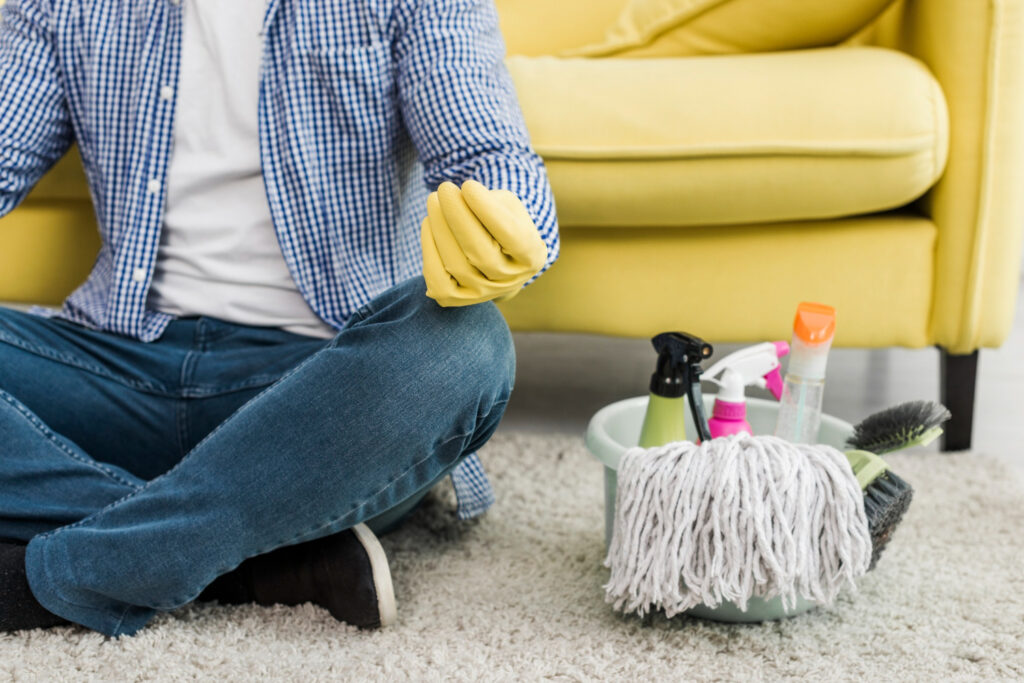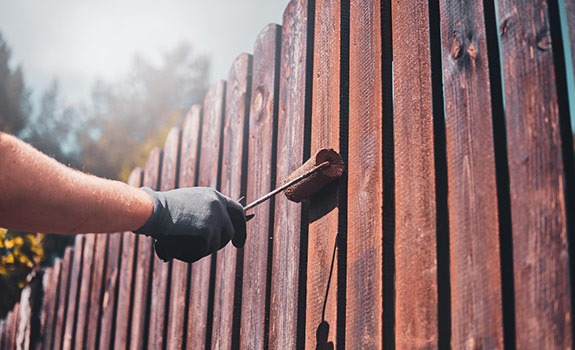A home is one of the biggest commitments of money a person or family can make in their lifetime. The decision to buy a property can be fraught with shall-we-shan’t-we. Often with purchases of notable expense – all relative to a person’s own position – there is a preciousness: those limited edition shoes you bought after waiting and waiting for them to come up for sale second-hand will not, under any circumstances, enter a puddle; that VW Beetle which you financed as your first major outlay after receiving that pay rise will be parked as far away from obstacles and other cars as is possible and legal; those kitchen appliances you won’t take the protective plastic peel off “just in case.” The same applies to a house.
Naturally, a contingency like insurance offers a certain peace of mind should any damage befall your property. It is not a solution for every eventuality, as there are caveats; it is not a one-stop-shop for money, money, money. However, it covers everything, within reason, you would want it to. In this article, we shall see what types of damage can happen and how insurance policies react.
#1 House and Condo
The first note is that houses and condominiums have two, distinct policies. You will need one specific to the one you have. The key difference is jurisdiction, essentially. For a house, everything on the site – house, garage, garden, etc. – will be covered. For a condo, it will be the outermost walls, as the block or building itself will have a master policy which the owner of the building takes out. The homeowners insurance quote should reflect which property you own.
#2 Water
Water damage can be the most persistent problem, or the most likely one, a house can face. Rain being the instigator of such worries, but there’s also the chance that household appliances like dishwashers and washing machines, as well as things like a hot water tank, can contribute. There is, also, in certain areas, a threat of floods.
With all these causes, how does insurance respond?
Floods are natural disasters, and having insurance to cover it is often a necessity in certain areas. Most insurance companies will not cover it by default. There are private insurers which can insure you, as well as a federal flood insurance.
Flooding is a complicated matter, as is water damage caused by things like rain. Most insurers are clear on the fact that accidental and surprise sources of damage are things they will look at. Things like the household appliances going kaput – washing machine, dishwasher, fridge – leaking water all over the kitchen floor while you’re out at work or on a hike, damaging cabinets and seeping into the flooring. Also, the key is that the insurance will cover the damage but not the source. If the fridge breaks then the warranty is what will cover you.
#3 Fire
Another element which presents some potential issues for homeowners is fire. The good news is that fire is a named peril for all average homeowner insurance, though this is dependent on which state you’re in.
What is there to worry about then? Well, again, you can always get more coverage. You can increase the max limit for which your insurance will cover, for instance – especially if you have an expensive property or live in an area where wildfires are sadly frequent.
The only time you will not be covered is if you set the fire on purpose.
#4 Theft
Obviously, personal property will be covered, up to the max payout, if they are stolen. During a theft, though, your property might be damaged. The window or door could be smashed. A wall could be damaged if furniture is thrown around. All this will be covered by homeowners insurance.
#5 Tree
You may have trees on the grounds of your house, or trees just outside the boundary that could hit the house if they fell. Negligence crops up here again, but as long as the tree falling is sudden and accidental – i.e. during a windstorm – then you’ll be covered. The damage to the property – the roof, garage, shed, whatever – as well as the personal property inside – the furniture in the converted attic space, the bikes in the garage, the lawnmower in the shed – can all be claimed for.
~
To conclude, the key things to note are negligence and extra coverage. If there is something that you could’ve done to avoid the damage then you will not be covered. A pre-existing leak or mold that was made worse by heavy rain or flooding will not be covered if you didn’t do anything to maintain your property. Living in expensive properties or in areas which see extreme areas, you will likely want that extra coverage to push the payout limit up and to ease your mind.
Published in: Home Advice | Author: Mildred







